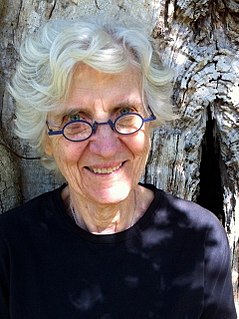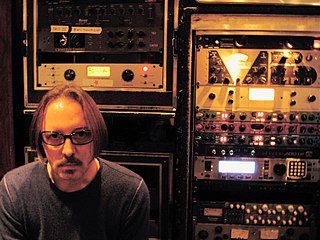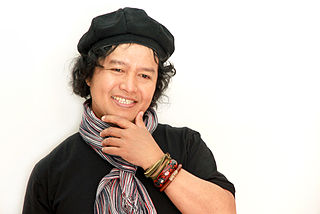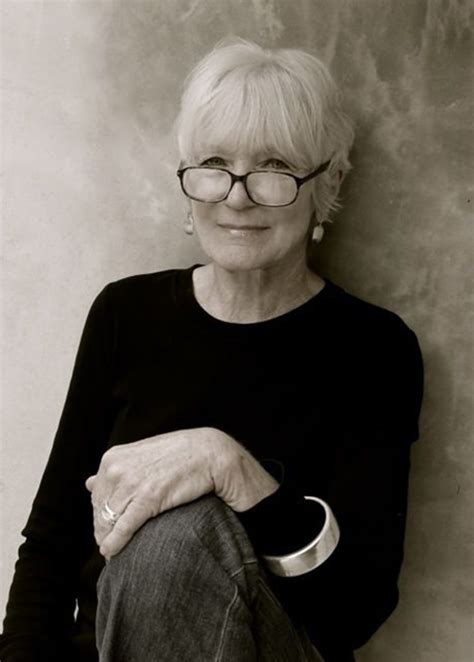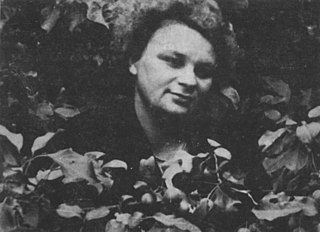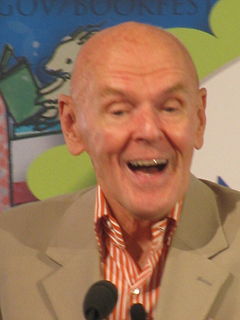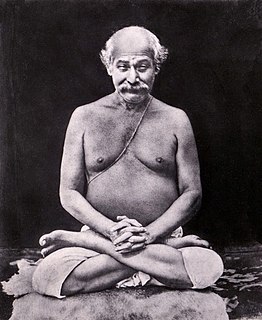Цитата Пэта Шнайдера
Независимо от того, является ли ваша цель писательства художественным самовыражением, общением с друзьями и семьей, исцелением внутренней жизни или достижением общественного признания вашего искусства, основа одна и та же: заявление о себе как о художнике/писателе и укрепление вашего самосознания. написание голоса через практику, изучение и полезные ответы от других писателей.
Темы цитат
Достижения
Искусство
Художник
Художественное
Художественное выражение
Утверждение
Выражение
общения Семейный
фонд
Друзья
Друзья и семья
Исцеление
Полезное
Внутренняя
внутренняя жизнь
Жизнь
Другая
практика
Общественная
цель
Признание
Реакция
То
же самое
Усиление
Обучение
через
голос
Писатель
Писатель
Писание
Письмо Голос
Себя
Связанные цитаты
Для меня писательство — это долгий, трудный, болезненный процесс, но он вызывает привыкание, удовольствие, которое я активно ищу. Мой совет молодым писателям таков: много читайте. Прочтите, чтобы узнать, что сделали писатели прошлого. Тогда напишите о том, что вы знаете. Напишите о своей школе, своем классе, о своих учителях, своей семье. Это то, что я сделал. Каждый писатель должен найти свой собственный голос. Наконец, вы должны продолжать писать.
Когда вы молоды, ваше восприятие того, что значит быть писателем, часто связано не столько с писательством, сколько с тем, что кажется сопровождающей вас жизнью: речами, путешествиями и общением с другими писателями. Вы думаете, что когда вас опубликуют, ваша жизнь как-то прояснится для вас. Но когда вас не публикуют до тех пор, пока вы не достигнете среднего возраста, вы уже знаете, кто вы есть, и ваша жизнь расширяется, чтобы освободить место для вашего письма, а не вращаться вокруг него. Вы понимаете, что нет единственного способа стать писателем, и что работа — это не столько личность, сколько призвание.
Когда я преподавал писательское мастерство, я говорил своим студентам-драматургам, что пока вы пишете свои пьесы, вы также пишете драматурга. Вы развиваете себя как личность, как публичную личность. Это будет частично раскрыто через само письмо и частично создано всеми атрибутами, которые прикрепляются к письму. Но вы не просто невидимое существо или ваше личное существо на работе. Вы тоже своего рода общественный деятель.
Ваша внутренняя цель — неотъемлемая часть цели всего, вселенной и ее зарождающегося разума. Ваша внешняя цель может меняться со временем. Это сильно варьируется от человека к человеку. Поиск и жизнь в согласии с внутренней целью — это основа для выполнения вашей внешней цели. Это основа настоящего успеха.
Если вы наркоман, вы уважаете свое пространство для письма, выздоравливая. Вы уважаете свое писательское пространство, становясь экспертом по беспокойству, настоящим профессионалом в осознанности и личном успокоении. Вы уважаете свое писательское пространство, утверждая, что вы имеете значение, что ваша писательская жизнь имеет значение и что ваш текущий писательский проект имеет значение. Вы чтите свое место для письма, входя в него с этой мантрой: «Я готов работать». Вы входите, замолкаете и исчезаете в своем письме.
Если вы можете просто сосредоточиться на создании своего искусства, будь то музыка, написание книги или рисование, поверьте мне, очень сложно сбалансировать это с личной жизнью. Вы должны быть готовы иногда пожертвовать чем-то в своей личной жизни, если ваша конечная цель состоит в том, чтобы заниматься чем-то как художник.
Записывать свои мысли и необходимо, и вредно. Он ведет к эксцентричности, самолюбованию, консервирует то, что следует отпустить. С другой стороны, эти ноты накаляют внутреннюю жизнь, которая, оставаясь невыраженной, ускользает сквозь пальцы. Если бы я только мог найти лучший журнал, скромнее, такой, который сохранил бы те же мысли, ту же плоть жизни, которую стоит сохранить.
Решите все свои проблемы с помощью медитации. Обменяйте невыгодные религиозные спекуляции на реальный контакт с Богом. Очистите свой разум от догматического богословского мусора; впустите в себя свежие целебные воды прямого восприятия. Настройтесь на активное внутреннее Руководство; у Божественного Голоса есть ответ на каждую жизненную дилемму. Из-за того, что человеческая изобретательность в попадании в неприятности кажется бесконечной, Бесконечная Помощь не менее находчива.
Совет начинающему писателю: в этой профессии нет правил. Делайте то, что хорошо для вас. Читайте книги и смотрите фильмы, которые стимулируют ваше писательское мастерство. В своем письме идите туда, где боль; иди туда, где есть удовольствие; иди туда, где азарт. Верьте в собственный оригинальный подход, голос, персонажей, историю. Игнорируйте критиков. Имейте нервы. Быть упрямым.
